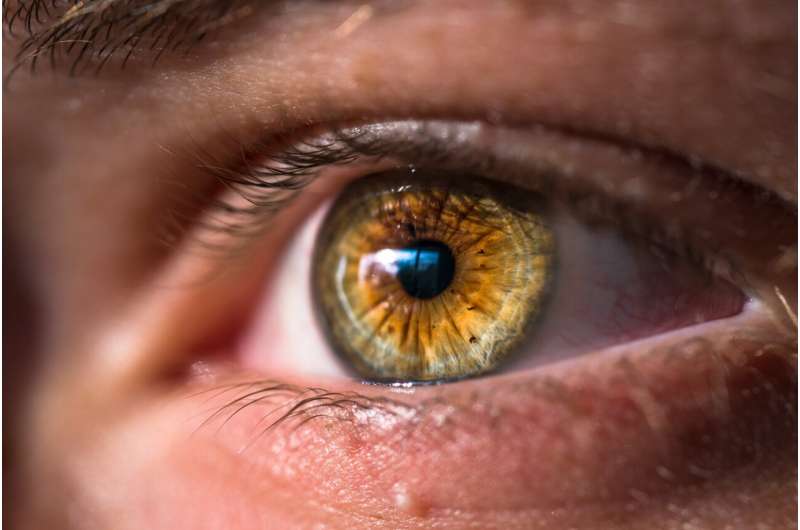Acupuncture Shows Promise in Reducing Nocturia Among Prostate Cancer Survivors

A recent study indicates that acupuncture may significantly reduce nocturia episodes in men treated for prostate cancer, offering a promising non-drug option for urinary symptom relief.
Recent research published in JAMA Oncology has suggested that acupuncture may effectively reduce nighttime urination, known as nocturia, in men who have undergone treatment for prostate cancer. The study, conducted by Dr. Kevin T. Liou and colleagues from the Memorial Sloan Kettering Cancer Center, involved a randomized trial with 60 prostate cancer survivors experiencing at least two episodes of nocturia per night over the past month. Participants received 10 weekly sessions of standardized acupuncture treatments, which resulted in a significant decrease in nocturia frequency compared to those receiving usual care. The reduction in nighttime urination persisted up to one month after the treatment concluded.
Specifically, men treated with acupuncture experienced an average decrease of approximately 1.13 episodes of nocturia by the end of the 10-week regimen, a benefit that continued and remained statistically significant during follow-up assessments. Additionally, measures assessing overall urinary symptoms, such as the International Prostate Symptom Score, improved notably for the acupuncture group. The most common mild adverse effects reported were dizziness and insomnia, with no adverse events in the control group.
The findings underscore the potential of acupuncture as a non-pharmacological intervention to address a common and bothersome symptom in prostate cancer survivors. The researchers highlight the need for larger-scale studies to confirm these initial promising results and to further explore acupuncture's role in managing urinary symptoms in this patient population.
This study brings hope to prostate cancer survivors seeking alternative ways to improve quality of life by managing urinary symptoms more effectively.
Stay Updated with Mia's Feed
Get the latest health & wellness insights delivered straight to your inbox.
Related Articles
Study Highlights Feelings of Dismissal and Misunderstanding Among Women with PCOS
New research from CU Anschutz highlights the challenges faced by women with PCOS, including delays in diagnosis and feelings of being dismissed by healthcare providers. The study calls for more patient-centered care approaches to better support those affected.
Concerns Over US Policy Shift to Multiple Vaccinations Instead of Single MMRV
A US CDC recommendation to separate childhood vaccines for measles, mumps, rubella, and chickenpox has raised concerns among experts about public confusion and vaccination gaps, risking outbreaks of preventable diseases.
Understanding Lash Serums: Benefits, Risks, and Alternatives
Learn about the benefits, risks, and safer alternatives of eyelash serums, including the science behind pharmaceutical ingredients like bimatoprost and natural options, for healthier, longer lashes.
New Software Demonstrates Effectiveness in Reducing Unnecessary Medication Use Among Seniors
A new clinical trial highlights an innovative digital tool that helps healthcare providers deprescribe unnecessary medications for seniors, improving safety and quality of life in long-term care.



